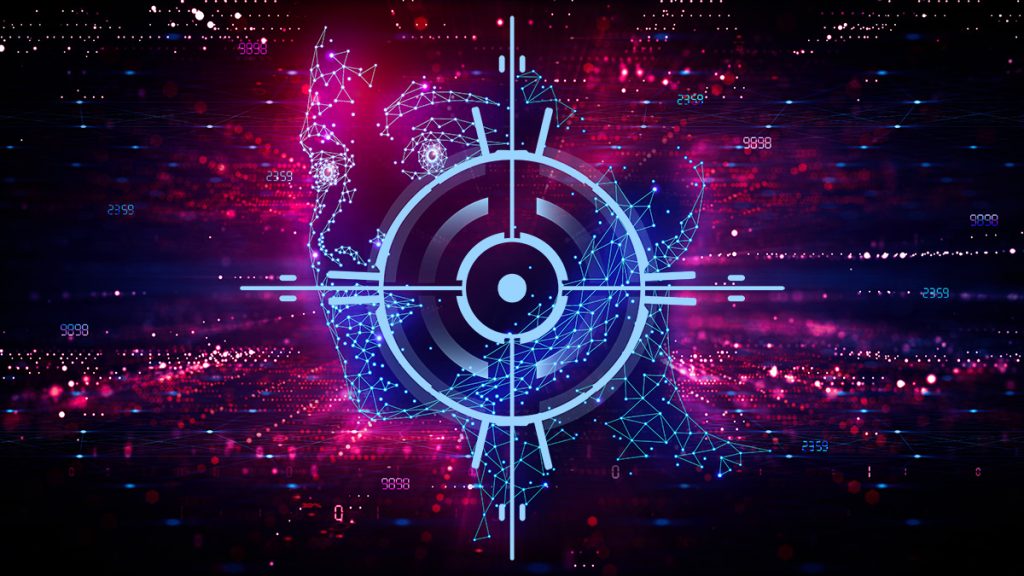
Artificial intelligence (AI) is transforming the way we live and work, from chatbots and self-driving cars to personalized medical treatments and intelligent home assistants. As AI innovations continues to evolve, it’s becoming increasingly urgent to establish a regulatory framework that promotes ethical development and deployment all while ensuring national security.
But as we dive into the complexities of regulating AI, one thing becomes clearer: finding the right balance between regulation and innovation is key. Regulating AI innovations too heavily could put certain countries or companies at a disadvantage compared to those that are less regulated, leading to an uneven playing field in the development and deployment of AI.
So, what are the challenges and opportunities of regulating AI? How can governments, researchers, and technology companies work together to create a framework that promotes responsible AI innovation while maintaining national security?
Navigating the Challenges
This rapidly growing technology has also been weaponized by certain governments and organizations, leading to concerns about its ethical implications. In response, there have been calls for AI innovations regulations to ensure ethical and responsible adoption.
The need for AI regulation has become increasingly urgent as various countries and organizations have already developed AI-powered weapons, including autonomous drones and cyber warfare tools. The deployment of such weapons raises serious ethical concerns, including the potential for unintended harm and loss of human life.
Regulating AI is a complex issue that requires collaboration between governments, researchers, and technology companies. On the one hand, there is a need to promote the ethical development and deployment of AI, while on the other hand, national security concerns must be addressed.
One concern about regulating AI is that it could put certain countries or companies at a disadvantage compared to those that are less regulated. This could lead to an uneven playing field in its development, which could ultimately have negative consequences for national security.
To address these concerns, collaboration among technology companies, researchers, and governments is essential in creating a regulatory structure that supports the ethical advancement and implementation of AI. while also ensuring national security. This framework should include guidelines for the development of AI, including ethical considerations such as transparency, accountability, and fairness.
Additionally, the framework should include guidelines for the utilization of AI, particularly in the context of national security. This could include restrictions on the use of AI-powered weapons, as well as guidelines for the use of AI in intelligence gathering and cyber warfare.
It is also important to consider the potential impact of AI on global job markets and economies. As AI continues to develop and become more sophisticated, there is a risk that it could lead to job displacement and economic disruption. To mitigate these risks, the regulatory framework should include measures to support workers and industries that may be affected by the adoption of AI.
Final Thoughts
Effective regulation of AI innovations involves a process that necessitates cooperation among various stakeholders, such as governmental entities, researchers, and technology firms. While there are concerns that regulating AI too heavily could put certain countries or companies at a disadvantage, maintaining a balance between these concerns and prioritizing the ethical progress and implementation of AI is crucial.
Inside Telecom provides you with an extensive list of content covering all aspects of the tech industry. Keep an eye on our Ethical Tech section to stay informed and up-to-date with our daily articles.